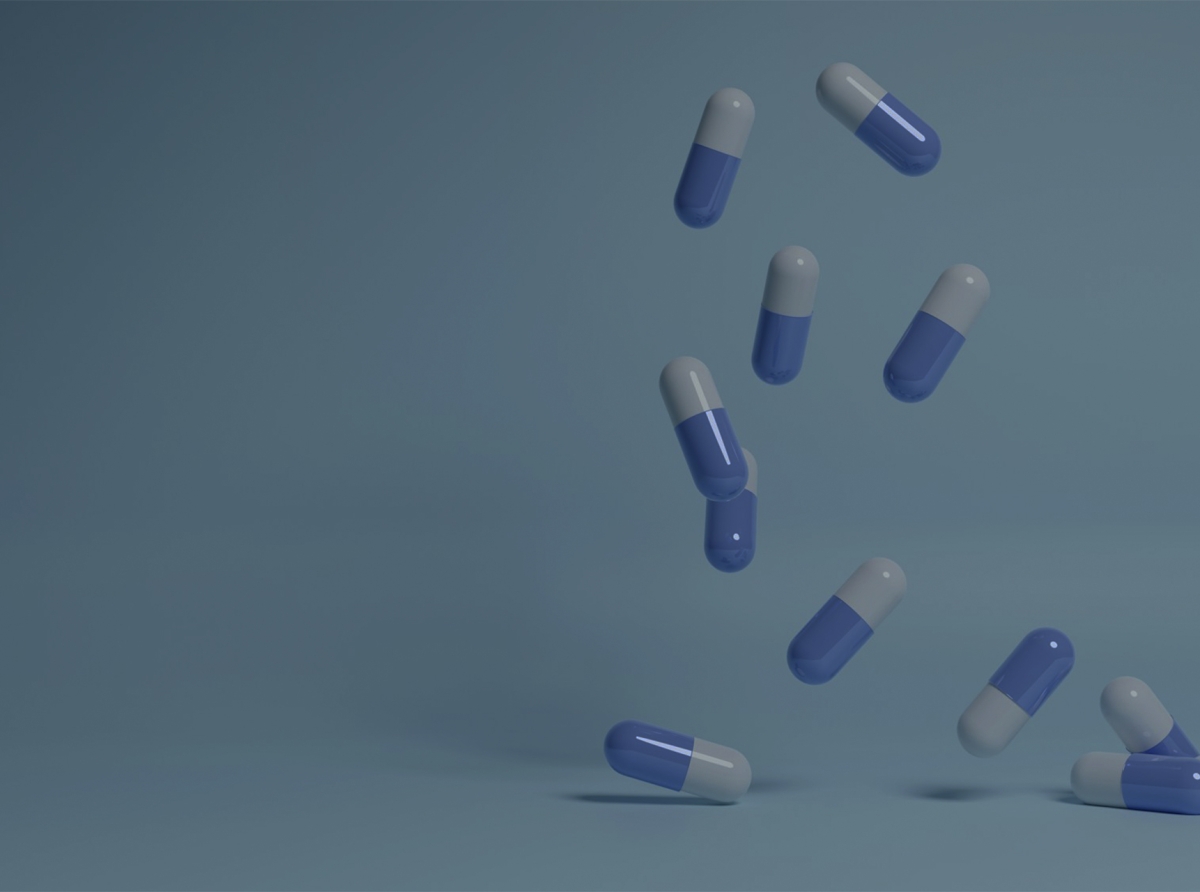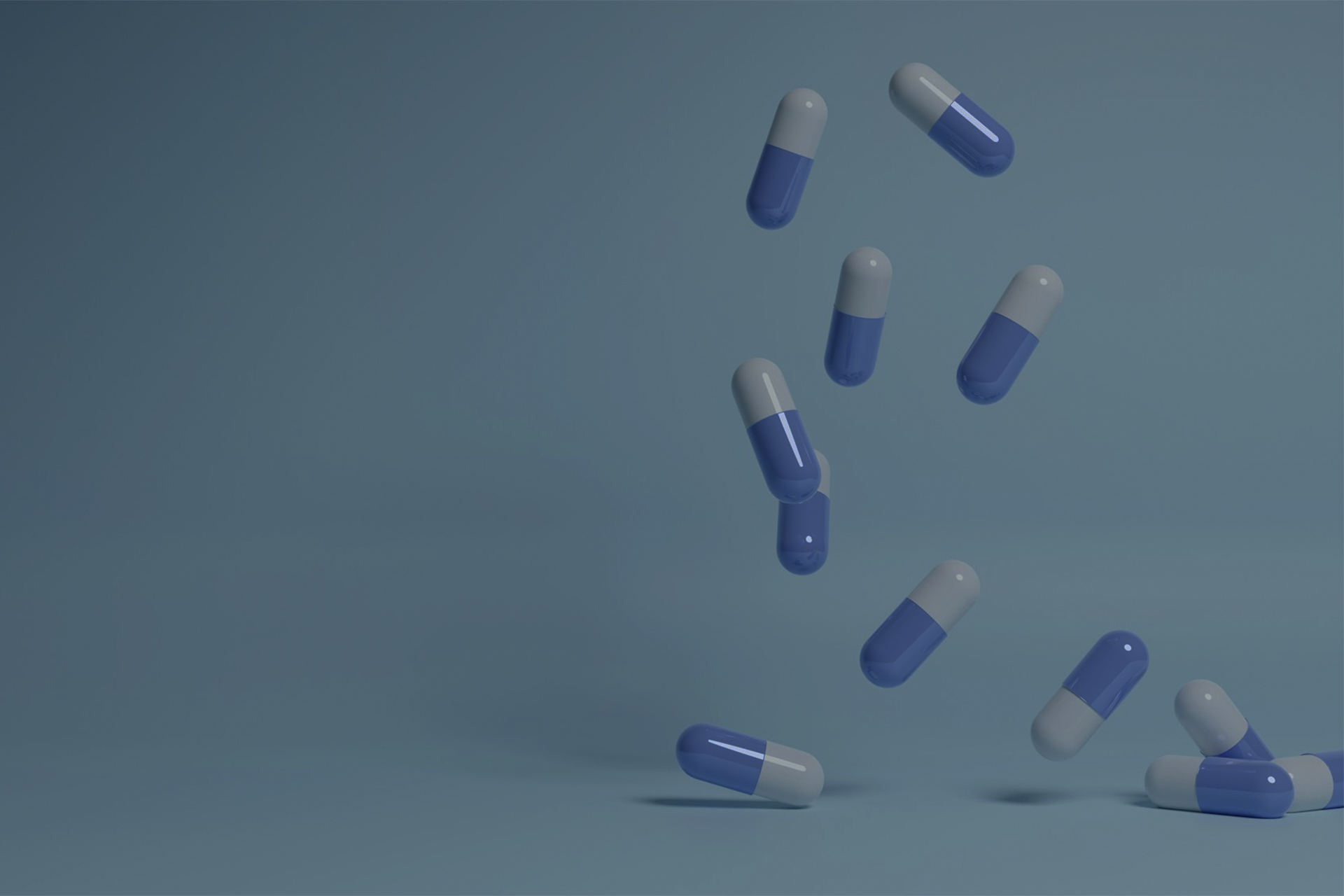Space Aspirin: How Varda’s $187M Bet on Microgravity Could Revolutionize Pharma

Space Aspirin: How Varda’s $187M Bet on Microgravity Could Revolutionize Pharma
Varda Space Industries, a aerospace startup co-founded by SpaceX alum Will Bruey and venture capitalist Delian Asparuhov, has secured $187 million in its latest funding round, bringing total investments to $329 million.
The goal?
To leverage the unique properties of microgravity for next-gen pharmaceutical production , creating drugs with unprecedented purity and stability. This isn’t science fiction—it’s a bold step toward solving Earth-based manufacturing challenges that have plagued the pharma industry for decades.
The goal?
To leverage the unique properties of microgravity for next-gen pharmaceutical production , creating drugs with unprecedented purity and stability. This isn’t science fiction—it’s a bold step toward solving Earth-based manufacturing challenges that have plagued the pharma industry for decades.
The Science Behind Microgravity Pharma
In microgravity, molecules behave differently. Without Earth’s gravity, particles don’t settle, enabling uniform crystallization of active pharmaceutical ingredients (APIs).This results in:
Purer structures: Crystals form without defects, enhancing drug efficacy.
Stability: APIs like ritonavir (used in HIV treatment) and pembrolizumab (Keytruda for cancer) show improved shelf life and bioavailability in space.
Precision: Microgravity allows for complex molecular organization impossible in terrestrial labs.
For example, Merck’s experiments on the ISS revealed that pembrolizumab crystals grown in space were 30% more stable than Earth-made ones, potentially improving cancer treatment outcomes. Varda aims to industrialize this process.

Space Aspirin: How Varda’s $187M Bet on Microgravity Could Revolutionize Pharma
Varda’s Orbital Factories
Varda’s innovation lies in its autonomous reusable capsules that function as microgravity labs. These capsules:Launch to low Earth orbit (LEO) via SpaceX rockets.
Conduct synthesis, crystallization, and stabilization of APIs during 30-day missions.
Return payloads (up to 50 kg per mission) to Earth for final processing.
The startup has already completed four missions , with a fifth planned soon. Unlike traditional reliance on the ISS, Varda’s scalable model focuses on frequent, cost-effective launches. “Our capsules can match the output of an entire ground-based facility,” says Asparuhov.
Funding and Vision
The July 2024 funding round, led by Natural Capital and Shrug Capital , includes backing from Peter Thiel’s Founders Fund and Lux Capital. This infusion will expand Varda’s labs in El Segundo, California, and Huntsville, Alabama, where teams refine drug formulations and mission logistics.With $329 million in total funding, Varda plans to:
Scale production for commercial drugs.
Partner with pharma giants to integrate space-made APIs into mainstream medicine.
Reduce costs through reusable capsules and high-frequency launches.
Why This Matters for Pharma
Traditional drug manufacturing struggles with:Contamination risks during crystallization.
Inconsistent quality due to gravity-induced defects.
Limited scalability of complex biologics.
Varda’s space-based approach addresses these pain points. By 2025, the company aims to produce APIs for targeted therapies and long-shelf-life vaccines , potentially disrupting a $200 billion industry.
Conclusion:
Varda’s mission to “pharmaceuticalize space” could redefine drug development. If successful, microgravity factories might become as routine as Earth-based labs, offering solutions to diseases once deemed untreatable. As Asparuhov states: “Space isn’t just for satellites anymore—it’s a lab for humanity’s toughest challenges.”
By Claire Whitmore
October 7, 2025
Join us. Our Telegram: @forexturnkey
All to the point, no ads. A channel that doesn't tire you out, but pumps you up.









Report
My comments